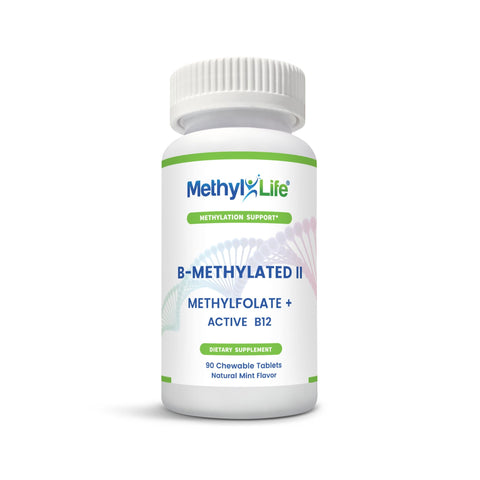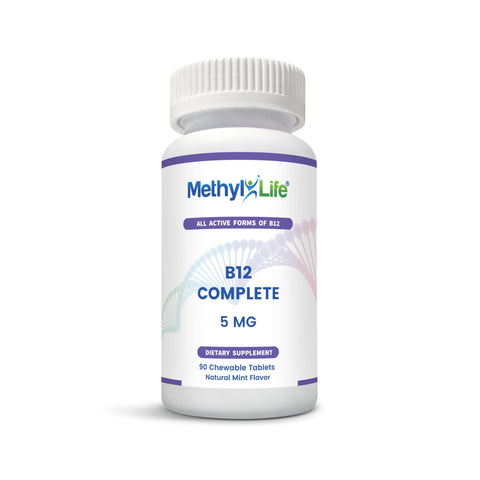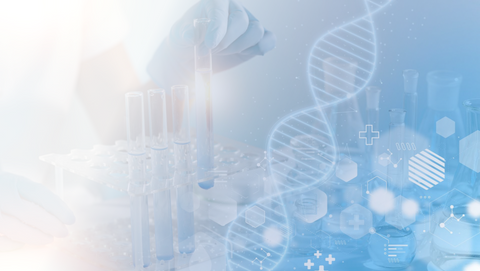Veganism is a widely adopted diet in the US. While exact numbers vary depending on research methods, estimates suggest that 1–4% of Americans identify as vegan.1 Veganism involves omitting any foods from animal sources along with their by-products. Many choose veganism to avoid contributing to animal suffering and factory farming practices. Others may become vegan for health reasons, religious beliefs, or simply dietary preferences.
Several studies have shown the beneficial effects of a vegan diet due to higher daily consumption of fresh fruits, vegetables, cereal, grains, nuts, legumes and seeds. This has been shown to reduce the risk of colon cancer, type 2 diabetes, obesity, and cardiovascular diseases.
While there are benefits to following a plant-based diet, research suggests that vegans with an MTHFR gene mutation may be at risk of several deficiencies and health concerns.2 People with MTHFR mutations are at greater risk of high homocysteine due to low folate levels. Vegans are also at risk of high homocysteine due to vitamin B12 deficiency.3 For a vegan who also has an MTHFR mutation, the risk of high homocysteine may be even greater. MTHFR mutations impair the conversion of folic acid into its active form, methylfolate.












